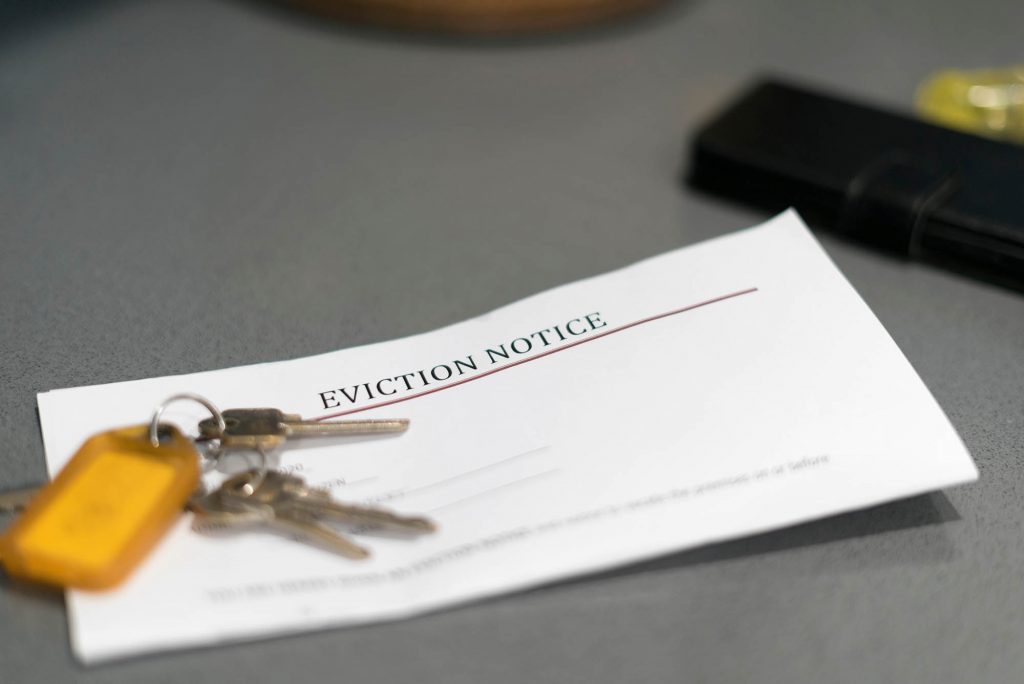By Molly McCracken

First published in the Winnipeg Free Press September 16, 2020
Thousands of low income renters in the private market impacted by COVID-19 could face eviction in just two weeks.
Last week the Province of Manitoba issued a press release stating the moratorium on non-payment of rent during COVID is ending September 30th. In the same press release the province renewed other emergency measures, but notably did not extend the eviction moratorium.
Last March Manitoba introduced a moratorium suspending non-urgent evictions, the suspension of hearings for non-urgent orders of possession, late fees for non-payment of rent and freezing rent increases. All of these are repealed October 1st upon which time landlords can begin proceedings for evictions against tenants for non-payment of rent and other non-urgent issues. They will also be able to begin charging late fees on rent that is not paid on time on that date or later. On top of this, they may begin implementing rent increases (up to 1.6 per cent on rent regulated units) at a time when many renters are still struggling to keep their heads above water.
An Angus Reid study found 9 – 13 per cent of Canadian tenants were not able to pay their rent in April and May. Amongst Manitoba’s 60,629 renting households, 5,456 – 7,882 tenants are in arrears and cannot or could not pay all or part of their rent during COVID.[1] Unless the Province of Manitoba acts now, these tenants are at risk of eviction, pushing low income tenants into precarious housing situations, crowded housing or even homelessness. Anecdotally housing advocates in Manitoba are finding tenants already being evicted illegally due the anticipation of the eviction ban being lifted.
Manitoba is still in a state of COVID emergency. Those at the lower end of the income scale have borne the brunt of the economic impacts: half of those making $16 or less lost their job or hours due to COVID economic recession. A recent study found minimum wage workers in Manitoba cannot make ends meet on the poverty $11.65 / hour wage, which is compounded by rising precarious, part time work. The timing of the end of the non-payment of rent moratorium is a double-whammy for those whose CERB is ending September 30th as well.
Low income tenants struggling to get by likely will not be able to repay back rent owed to landlords. Moreover, Manitoba has not set out any policy for a reasonable timeframe for the repayment of any back rent owing. Some tenants may be hundreds or even thousands of dollars in arrears to their landlords as a result of the lost income during the pandemic. Relying on landlords to come to reasonable terms with tenants for a repayment schedule risks setting up tenants for discriminatory evictions. By contrast in British Columbia tenants are given at least six months for repaying any owed back rent.
Manitoba is not the only province that has removed the moratorium on evictions. Ontario did so in August and tenants are fighting back, blocking the City’s rental enforcement units from conducting evictions outside a Toronto courthouse.
Most jurisdictions in Canada, the UK, the US and Australia implemented some sort of eviction moratorium. BC, PEI, the Northwest Territories and the Yukon have government rent subsidies to assist tenants who can’t pay rent due to COVID. Manitoba however has done nothing to help low income tenants during COVID. And the situation is about to get worse unless something is done immediately.
Assisting low-income tenants now will save taxpayers money in the long run, because as evictions rise, so do other costs to the province such as social assistance, health care and pressure on the already-overburdened homeless shelter system. This adds to the COVID public health crisis: families who are evicted risk COVID if forced into homelessness or precarious housing. Not to mention the stress and anxiety faced by tenants.
The province of Manitoba should extend the eviction moratorium until it has a plan in place to deal with this problem fairly to ensure tenants do not lose housing and landlords can continue to provide housing. Back-rent owed due due to COVID should be forgiven via provincial policy.
By removing the eviction moratorium for non-payment of rent during COVID, the Manitoba government is making thousands of Manitoba tenants incredibly vulnerable to homelessness and bankruptcy. It’s time the Province work with tenant advocates to develop a proactive plan that builds housing security during this public health crisis.
Molly McCracken is the director of the Manitoba office of the Canadian Centre for Policy Alternatives and a Steering Committee member of Make Poverty History Manitoba.
[1] https://www.cmhc-schl.gc.ca/en/data-and-research/data-tables/rental-market-report-data-tables Table 1.1.3


